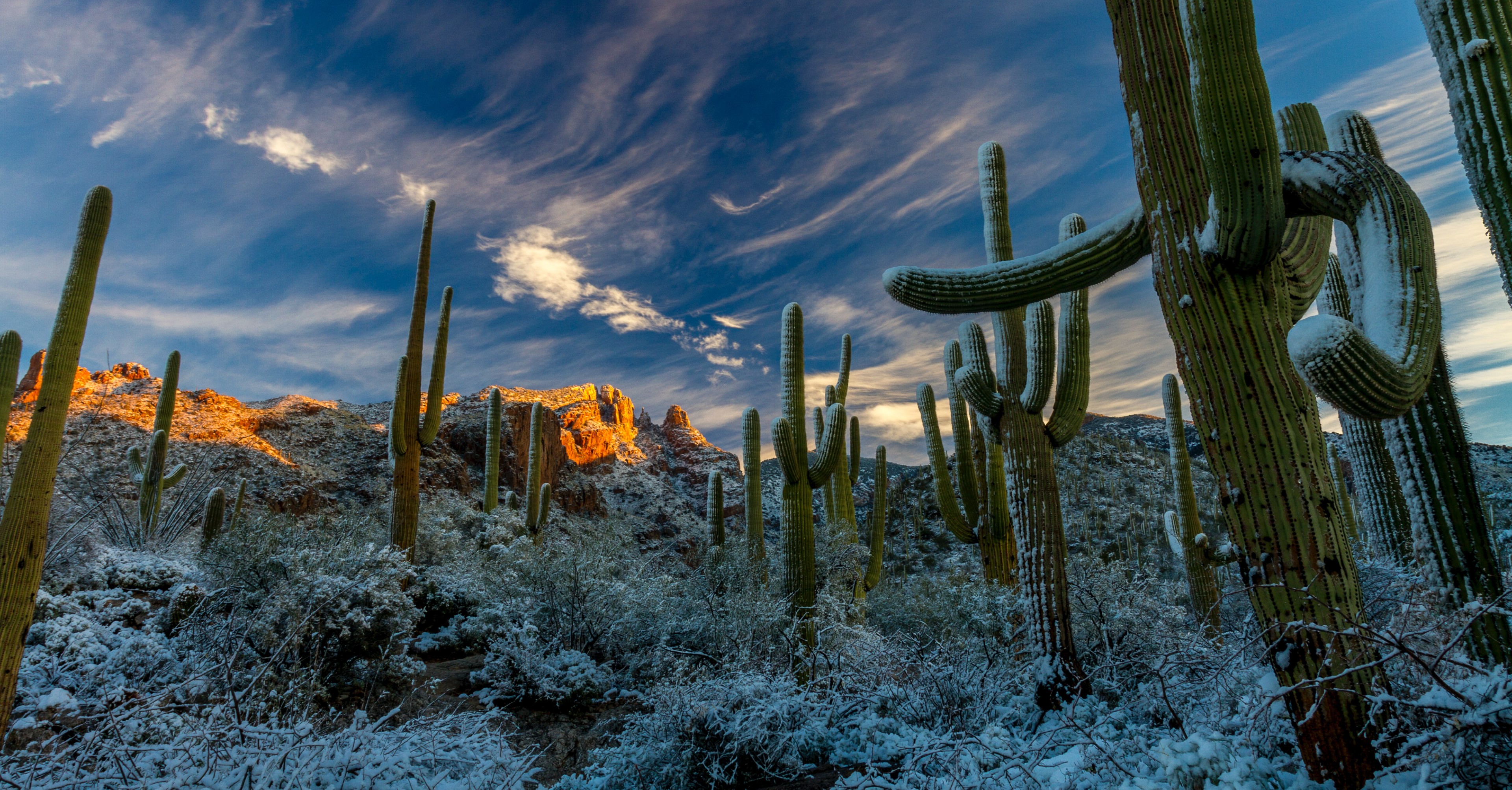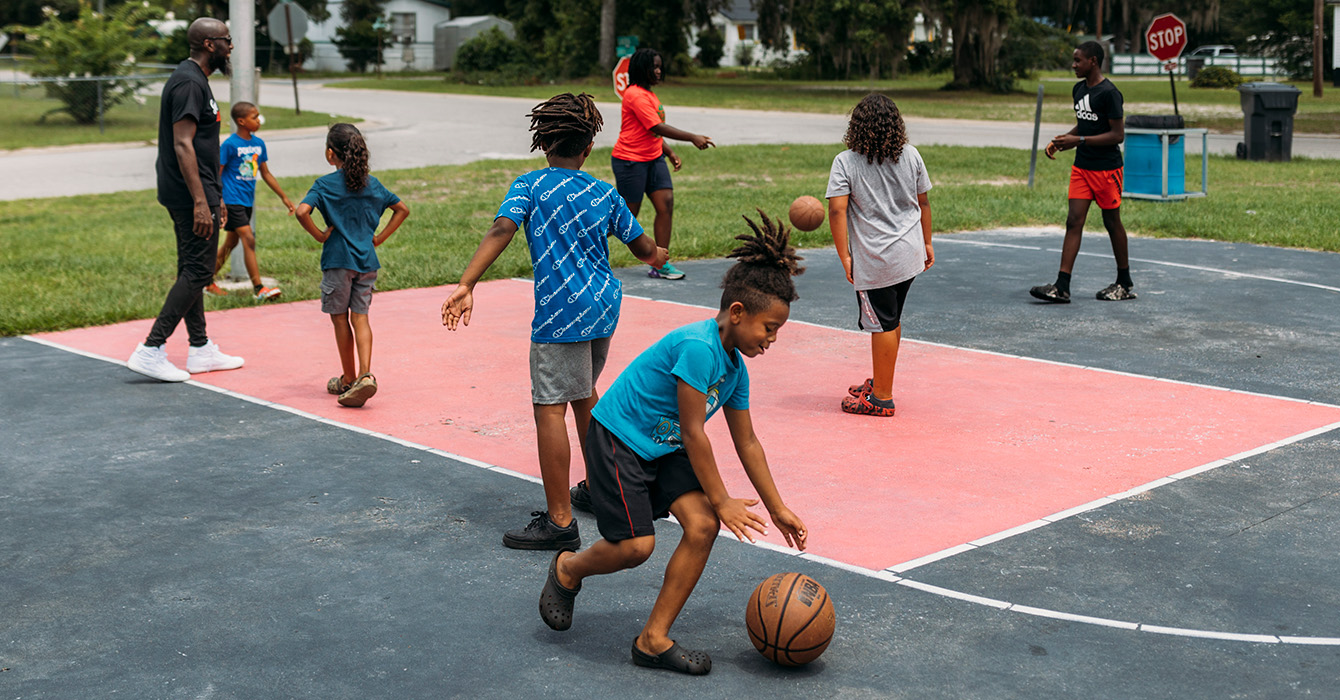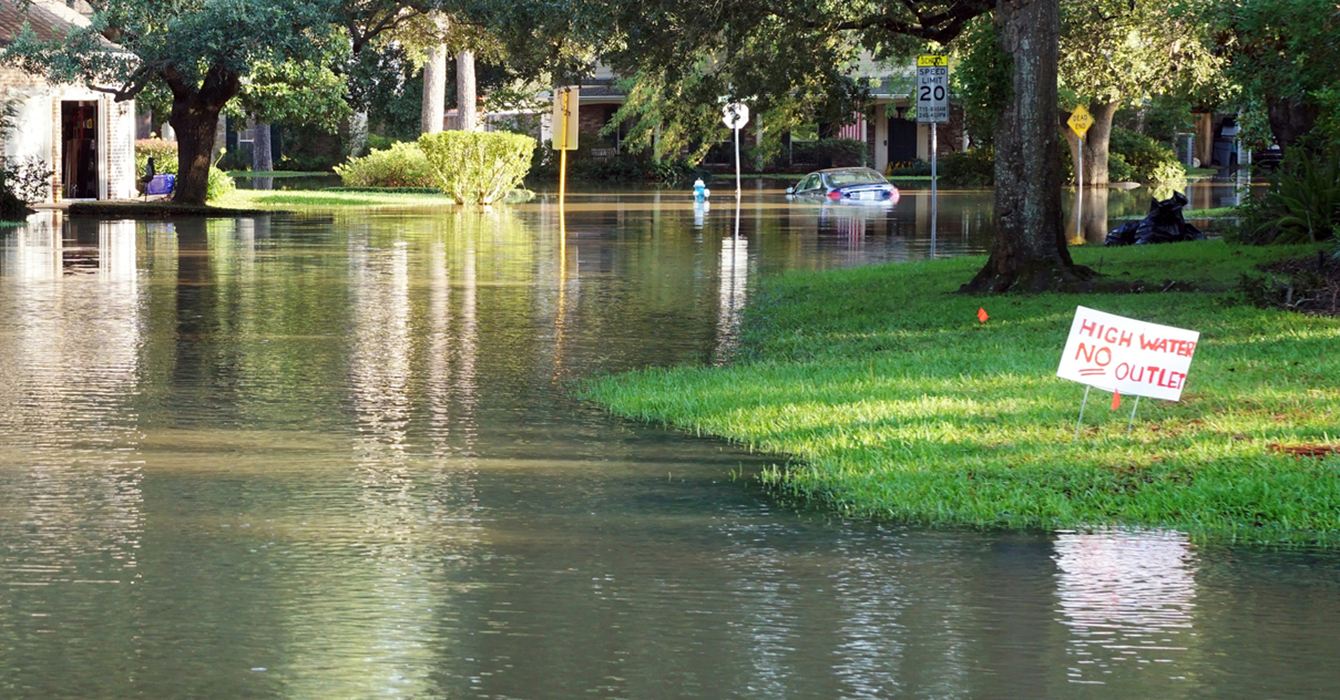We have now gone for over a year without regular tourism, and global carbon emissions have dropped dramatically as a result.
In 2020, with almost everyone around the world forced to stay home, global emissions fell by more than 6%, and U.S. emissions by nearly 13%.
Yet that good news is not wholly positive. A New York Times article recently argued that the pandemic’s impact on climate change cannot be disentangled from the tourism industry’s impact on wildlife, the environment and local communities -- particularly in developing regions of the world already affected by climate change and climate migration.
According to the article, authorities in many such areas had been funding conservation and enforcement efforts through revenue generated from tourism, but as tourism profits dwindled, budgets were cut -- and illegal hunting, logging and fishing began to rise.
In Africa and parts of Asia, for example, safari tours and exotic animal excursions that normally maintained strict wildlife protection laws were overwhelmed with poachers who took advantage of the gaps in tourism. But it wasn’t just professional poachers; according to the article, hungry villagers also poured into protected areas to hunt and fish in order to feed their families.
As the pandemic has highlighted, it is often “the least of these” who experience most acutely the cascading effects of natural and human-induced disaster. For this reason if no other, decisive action to address climate change should be a priority for faith leaders.
The evidence is mounting that as climate change causes more catastrophic storms and extreme droughts, the poor around the world are being impacted in unimaginable ways.
A mother in Afghanistan made the excruciating choice to sell her daughter during a severe drought to feed her family. Typhoon Goni in the Philippines fractured families as rushing water and a volcanic mudflow tore loved ones from one another. When Hurricane Matthew hit Haiti, children who were separated from or lost their parents were preyed upon by human traffickers.
Climate change affects everyone, but its impact on the poor is seismic.
The privileged have the ability to flee to a safe place and start again, or at least to reposition themselves until the threat subsides. The poor do not have the resources for swift relocation and often lose their homes, their livelihood and their families.
While no nation is immune to the effects of climate change, the uneven distribution of its impact is weighted heavily against the majority of the world’s poorest regions, which possess the weakest economic, institutional, scientific and technical ability to cope and evolve.
Even within America, climate change and its ecological devastation have already uprooted many. Indeed, forced relocation is no longer viewed as a remote possibility but rather a looming certainty for those whose homes and communities are becoming uninhabitable.
In the past year alone, raging wildfires in California plagued the summer and fall, droughts endangered food crops in the West, ruinous floods engulfed towns from the Dakotas to Maryland, and violent hurricanes rendered thousands of miles of our shoreline almost unlivable.
In February, Texas got hit by a winter storm that caused massive power blackouts and more than 100 deaths. Countless lives were upended by damaged homes, failed infrastructure, and exacerbated health and financial difficulties.
But for the privileged, the circumstances were different; Americans saw this firsthand in the spectacle of a U.S. senator and his family boarding a plane to Cancun to escape the power loss, water scarcity and bitter cold in Texas after the storm.
The pandemic has highlighted how deeply economic and global divisions run in the world, and any new “normal” post-pandemic that does not aim to correct the environmental injustices facing the poor in the present and future will be a missed opportunity.
For decades, Americans have evaded the profound threat of climate change, despite the accumulating evidence of crisis in our own backyards. The choices we make about where to live are manipulated and contoured, not just by the politics that minimize climate insecurity, but also by the pricey incentives targeted at resisting nature.
American policymakers have left the country unprepared for what is to come and are now facing devastating moral decisions about which communities to protect and which to sacrifice.
The wrong choices will fracture the country even more, with the less fortunate relegated to a nightmarish future that leaves them, unequipped, to fend for themselves.
The crisis in vulnerable communities will not wait for the worst environmental extremes to appear -- it is already here. As people of faith, we must work mightily to correct this injustice.












